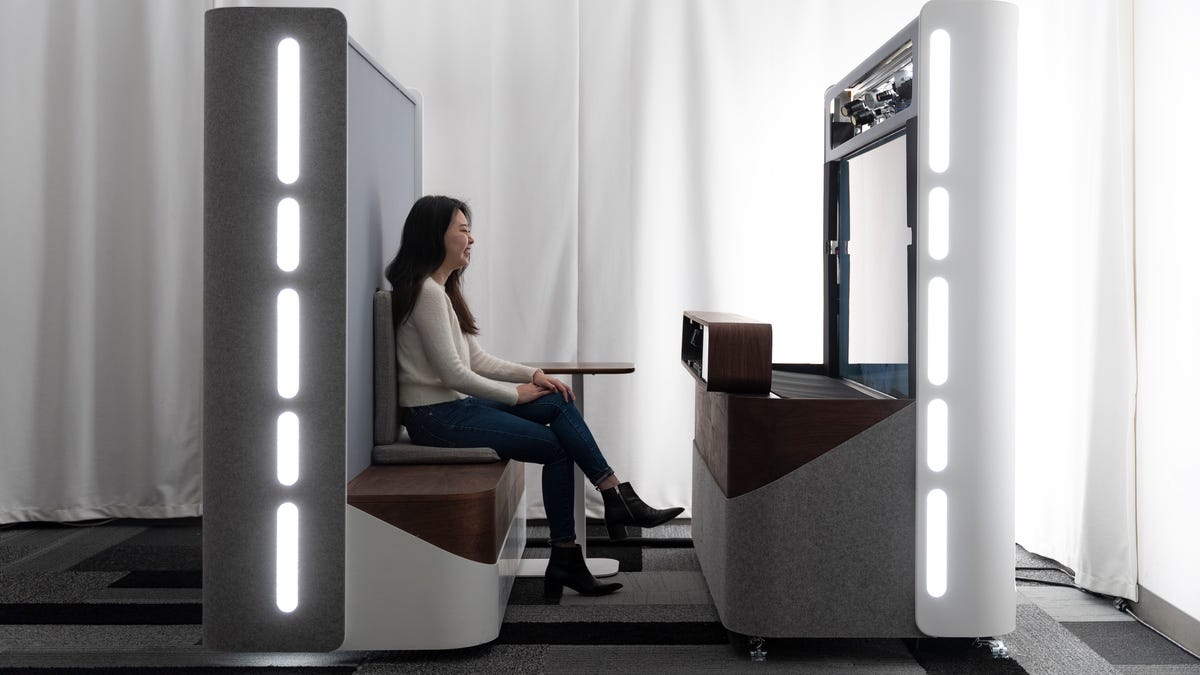AmiMoJo shares a report from MacRumors: iOS 16 continues to leak data outside an active VPN tunnel, even when Lockdown mode is enabled, security researchers have discovered. Speaking to MacRumors, security researchers Tommy Mysk and Talal Haj Bakry explained that iOS 16’s approach to VPN traffic is the same whether Lockdown mode is enabled or not. The news is significant since iOS has a persistent, unresolved issue with leaking data outside an active VPN tunnel.
According to a report from privacy company Proton, an iOS VPN bypass vulnerability had been identified in iOS 13.3.1, which persisted through three subsequent updates. Apple indicated it would add Kill Switch functionality in a future software update that would allow developers to block all existing connections if a VPN tunnel is lost, but this functionality does not appear to prevent data leaks as of iOS 15 and iOS 16. Mysk and Bakry have now discovered that iOS 16 communicates with select Apple services outside an active VPN tunnel and leaks DNS requests without the user’s knowledge.
Mysk and Bakry also investigated whether iOS 16’s Lockdown mode takes the necessary steps to fix this issue and funnel all traffic through a VPN when one is enabled, and it appears that the exact same issue persists whether Lockdown mode is enabled or not, particularly with push notifications. This means that the minority of users who are vulnerable to a cyberattack and need to enable Lockdown mode are equally at risk of data leaks outside their active VPN tunnel. […] Due to the fact that iOS 16 leaks data outside the VPN tunnel even where Lockdown mode is enabled, internet service providers, governments, and other organizations may be able to identify users who have a large amount of traffic, potentially highlighting influential individuals. It is possible that Apple does not want a potentially malicious VPN app to collect some kinds of traffic, but seeing as ISPs and governments are then able to do this, even if that is what the user is specifically trying to avoid, it seems likely that this is part of the same VPN problem that affects iOS 16 as a whole
https://m.slashdot.org/story/405931

